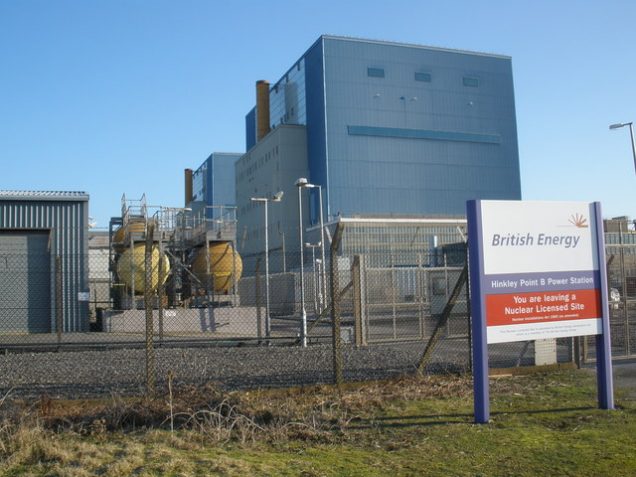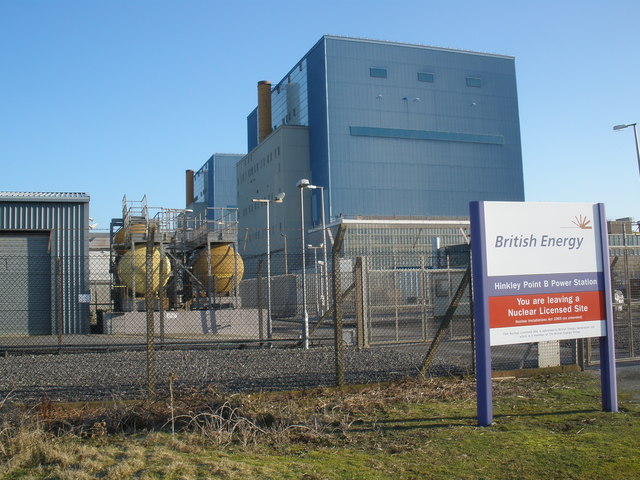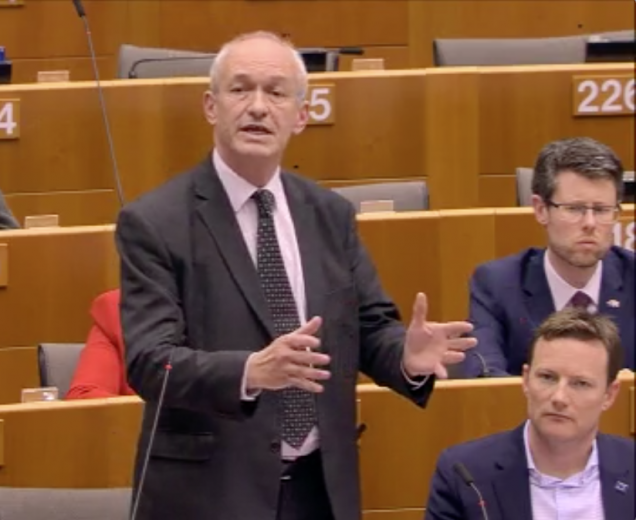The 60-year-old Euratom Treaty is a separate legal entity from the EU. The referendum last June did not concern Euratom. Little thought seems to have been given as to what we should do about our membership. The British government had not previously stated its intentions to sever its ties, until, suddenly, in notes published alongside the bill authorising article 50, the government quietly announced that:
The power that is provided by clause 1(1) applies to withdrawal from the EU. This includes the European Atomic Energy Community (‘Euratom’), as the European Union (Amendment) Act 2008 sets out that the term “EU” includes (as the context permits or requires) Euratom (section 3(2)).”
This ‘Brexatom’ will be legally and politically complicated and costly.
One tricky question is who will now inspect the British sites that generate power, fabricate fuel and manage waste, as the UN’s International Atomic Energy Agency (IAEA) currently leaves much of the inspection work to Euratom. Britain’s own Office for Nuclear Regulation would also need extra staff to cover nuclear non-proliferation inspections and authorize the sale of nuclear material. Britain (which has 15 nuclear reactors accounting for 21% of its electricity) takes up about a quarter of the time Euratom spends on safeguard checks in the EU.
This decision makes no sense in either the short or long term. Theresa May approved the UK’s first new station for two decades, Hinkley Point C, just last September. This will further increase the need for expert inspection and safeguarding. Whoever picks up Euratom’s responsibilities in Britain if we leave it – whether the IAEA or the national regulator – will need more staff and money to pay for it, further adding to the costs of Brexit.
A further issue is that Euratom may also be forced to transfer its ownership of nuclear material to the UK, which could be complicated by the fact that we enrich, fabricate and reprocess spent nuclear fuel on behalf of many other member states.
Quitting Euratom also certainly means pulling out of its research and development wing, most of which is focused on nuclear fusion (a potentially less controversial and plentiful future source of energy than nuclear fission), not least the massive ITER project. On top of that, the European Research Centre for nuclear fusion is located in Britain, at Culham in Oxfordshire. Its Joint European Torus is the world’s largest operational experiment. In 2014, the EU agreed another contract worth €283m for another 5-year extension so more advanced higher energy research can be performed there.
Brexatom would almost certainly see this world leading scientific and research expertise lost to the UK. Another severe blow to British science, our reputation and the local economy – and a legal and politically unnecessary own goal.







2 Comments